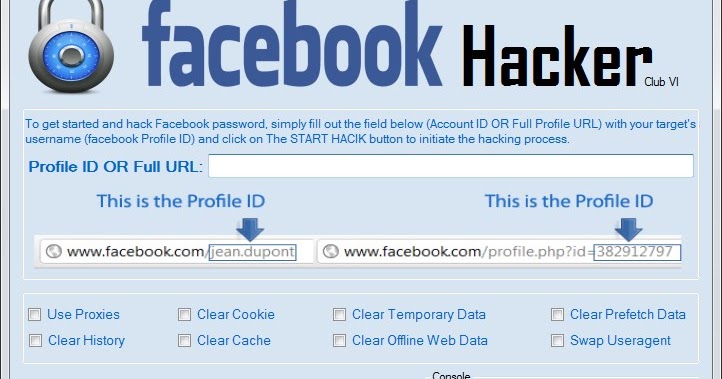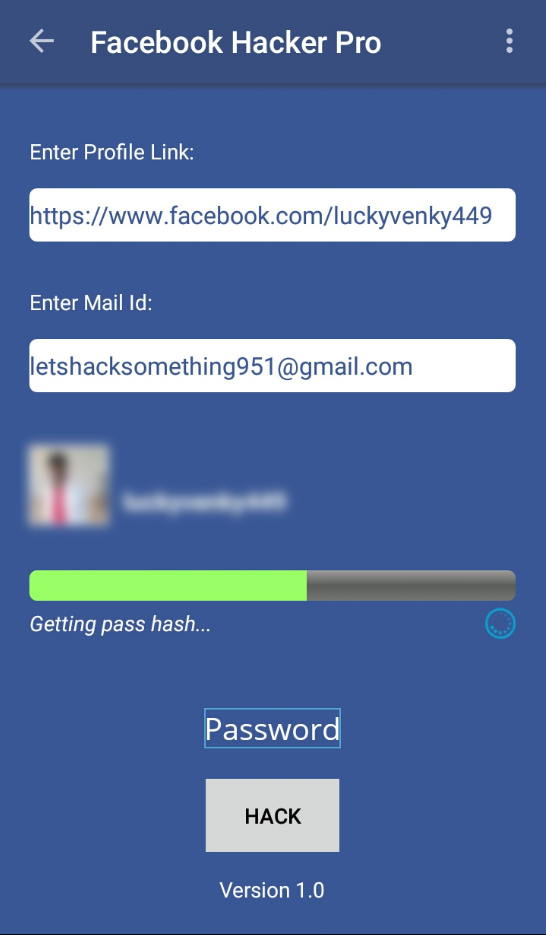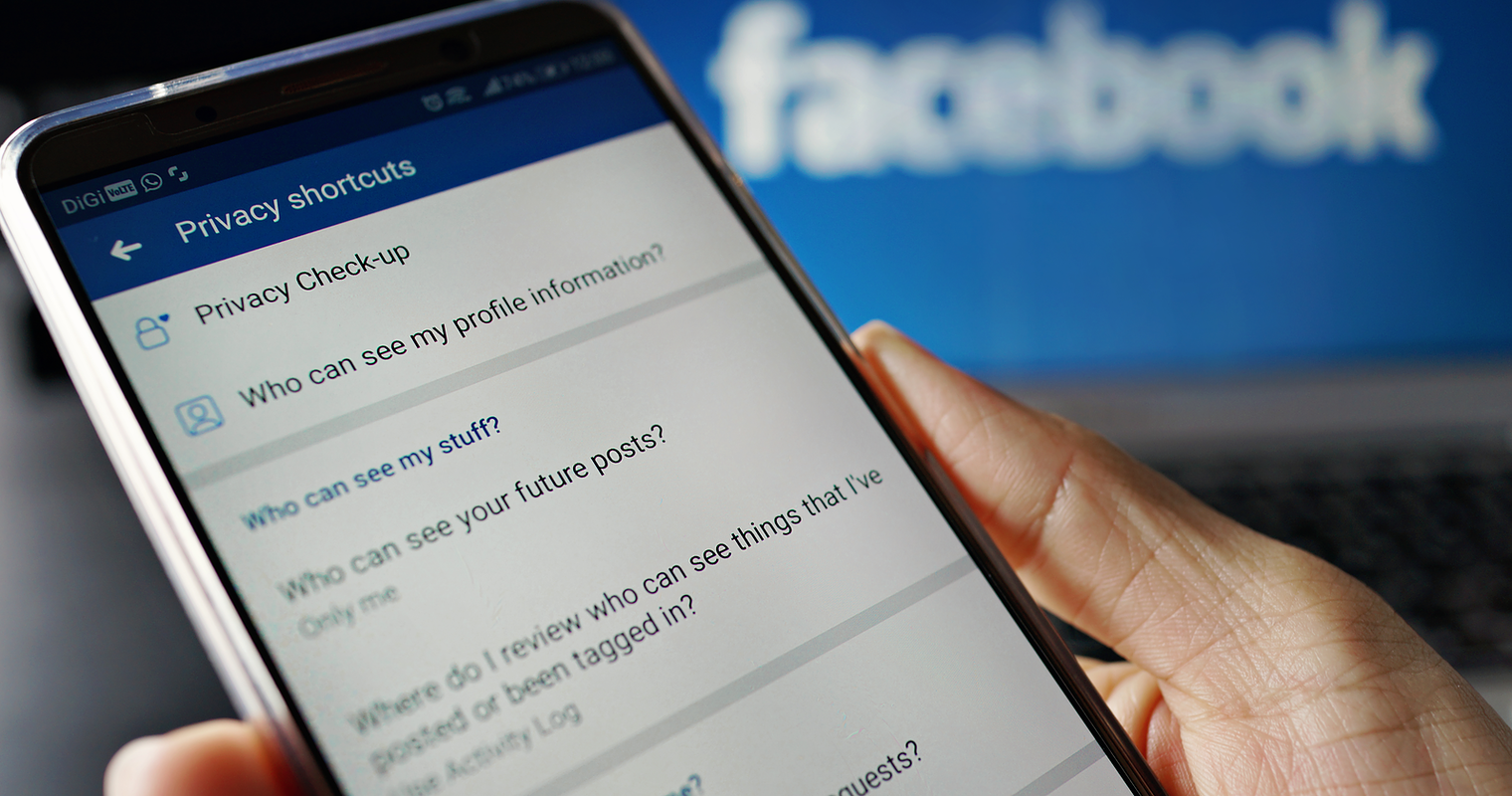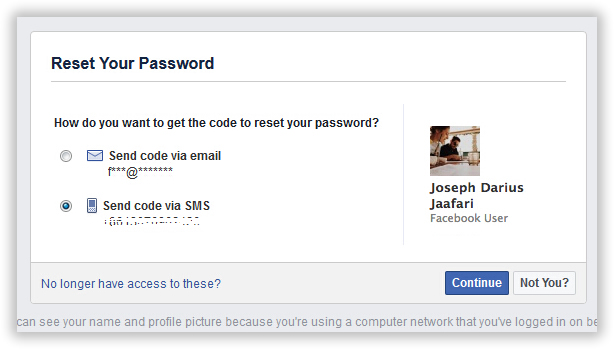Hack Into Facebook Account Without Changing Password

Imagine scrolling through your Facebook feed, a comforting routine, only to see a post from yourself that you definitely didn't write. A strange link, a bizarre comment, or worse, private messages exposed. The unsettling feeling of violation sinks in, a digital phantom limb throbbing with anxiety.
This nightmare scenario, while often associated with password compromises, can, alarmingly, occur without the password ever being changed. Sophisticated hacking techniques are evolving, allowing unauthorized access to accounts, leaving users vulnerable and confused about how their digital lives have been breached.
The Evolving Threat Landscape
For years, the primary defense against account hacking has been strong, unique passwords. We've been told to avoid easily guessable phrases, use a combination of letters, numbers, and symbols, and never reuse passwords across multiple sites.
While these practices remain crucial, they're no longer a complete shield. Hackers are becoming increasingly adept at bypassing traditional security measures, targeting vulnerabilities that lie beyond the simple password barrier.
One method gaining traction involves session hijacking. This technique focuses on stealing the "session cookie" – a small piece of data stored on your computer that allows Facebook to recognize you and keep you logged in without repeatedly asking for your password.
Think of it like a backstage pass at a concert. Once you have it, you can freely move around without needing to show your ID at every door.
Cybercriminals can obtain these cookies through various means, often exploiting vulnerabilities in browser extensions, insecure websites, or even through phishing attacks that don't directly ask for your password.
Understanding Session Hijacking
According to security experts at NortonLifeLock, "Session hijacking occurs when an attacker gains access to a valid session cookie, allowing them to impersonate the legitimate user and access the web application without needing their password."
Once an attacker has this cookie, they can simply import it into their own browser and instantly gain access to your Facebook account, as if they were you. Facebook, unaware of the illicit access, continues to operate as usual, perpetuating the illusion that everything is normal.
This can lead to a variety of problems. Your account could be used to spread malware, post spam, or even conduct fraudulent activities, all while you remain completely oblivious.
Beyond Passwords: A New Era of Security
So, what can you do to protect yourself? The first step is awareness. Recognizing that passwords are not the only line of defense is paramount.
Enable two-factor authentication (2FA) whenever possible. 2FA adds an extra layer of security by requiring a code from your phone or a dedicated app in addition to your password.
While session hijacking can sometimes bypass 2FA, it makes the process significantly more difficult for attackers. Keep your browser and operating system updated. Updates often include security patches that address vulnerabilities that hackers can exploit.
Be wary of suspicious links and email attachments. Phishing attacks remain a prevalent way for hackers to distribute malware and steal session cookies.
“Regularly review your browser extensions. Remove any extensions that you don't recognize or no longer use. Some extensions may contain malicious code that can compromise your security,” cautions Avast Security in a recent blog post.
Facebook itself offers tools to monitor account activity. Regularly check your "Security and Login" settings to see where your account has been accessed from and if there are any unfamiliar devices logged in.
Taking Control of Your Digital Footprint
The reality is that the battle for online security is an ongoing one. Hackers are constantly innovating, and security professionals must stay one step ahead.
While the possibility of a password-free hack can be daunting, taking proactive steps to strengthen your digital defenses can significantly reduce your risk.
By staying informed, being vigilant, and adopting best practices, you can reclaim control over your digital footprint and navigate the online world with greater confidence.











![Hack Into Facebook Account Without Changing Password How to See Facebook Password Without Changing It [ 2025 New]](https://images.clevguard.com/en/assets/overview/facebook_monitor/how-to-see-facebook-password-without-changing.jpg)




